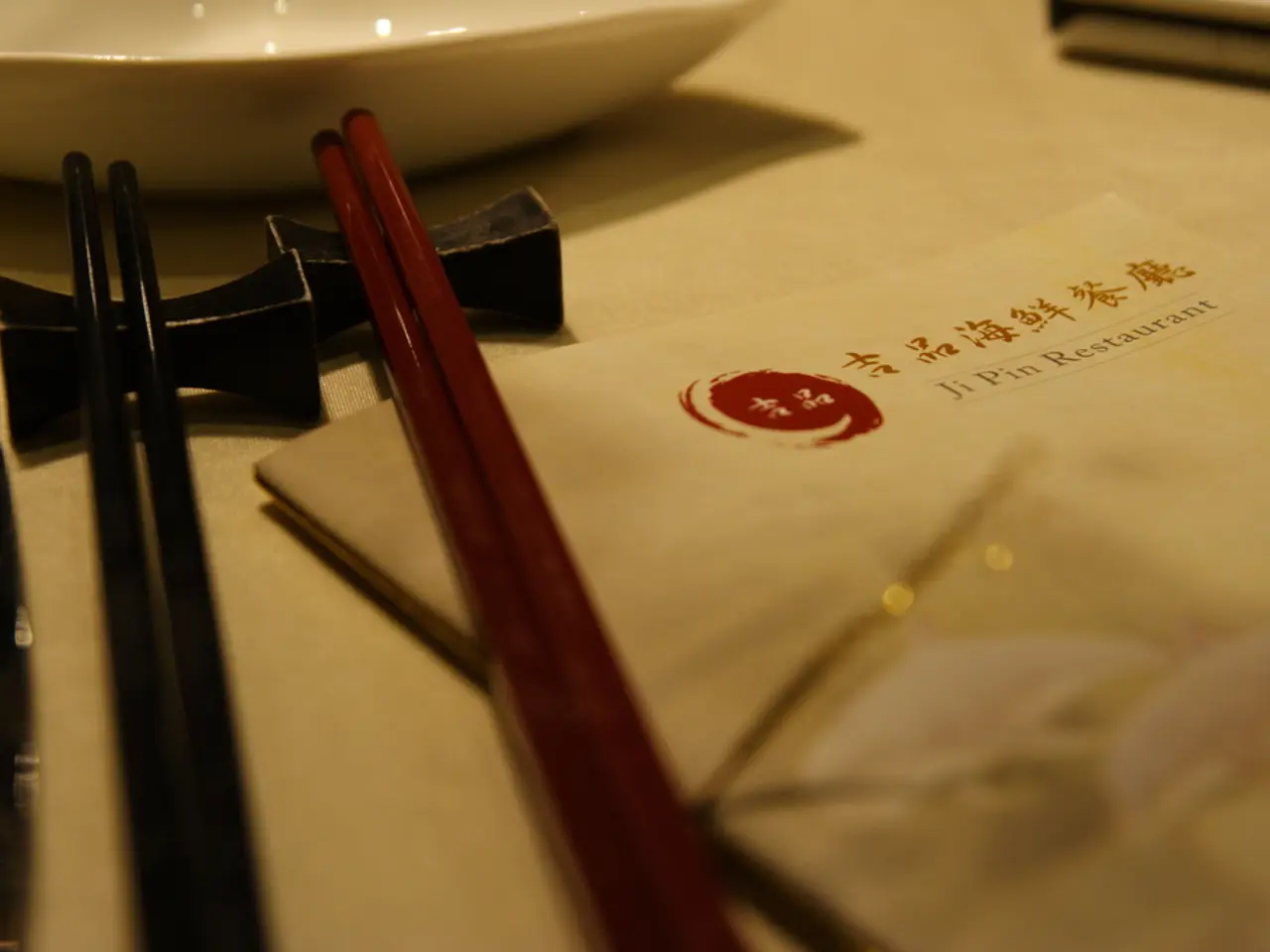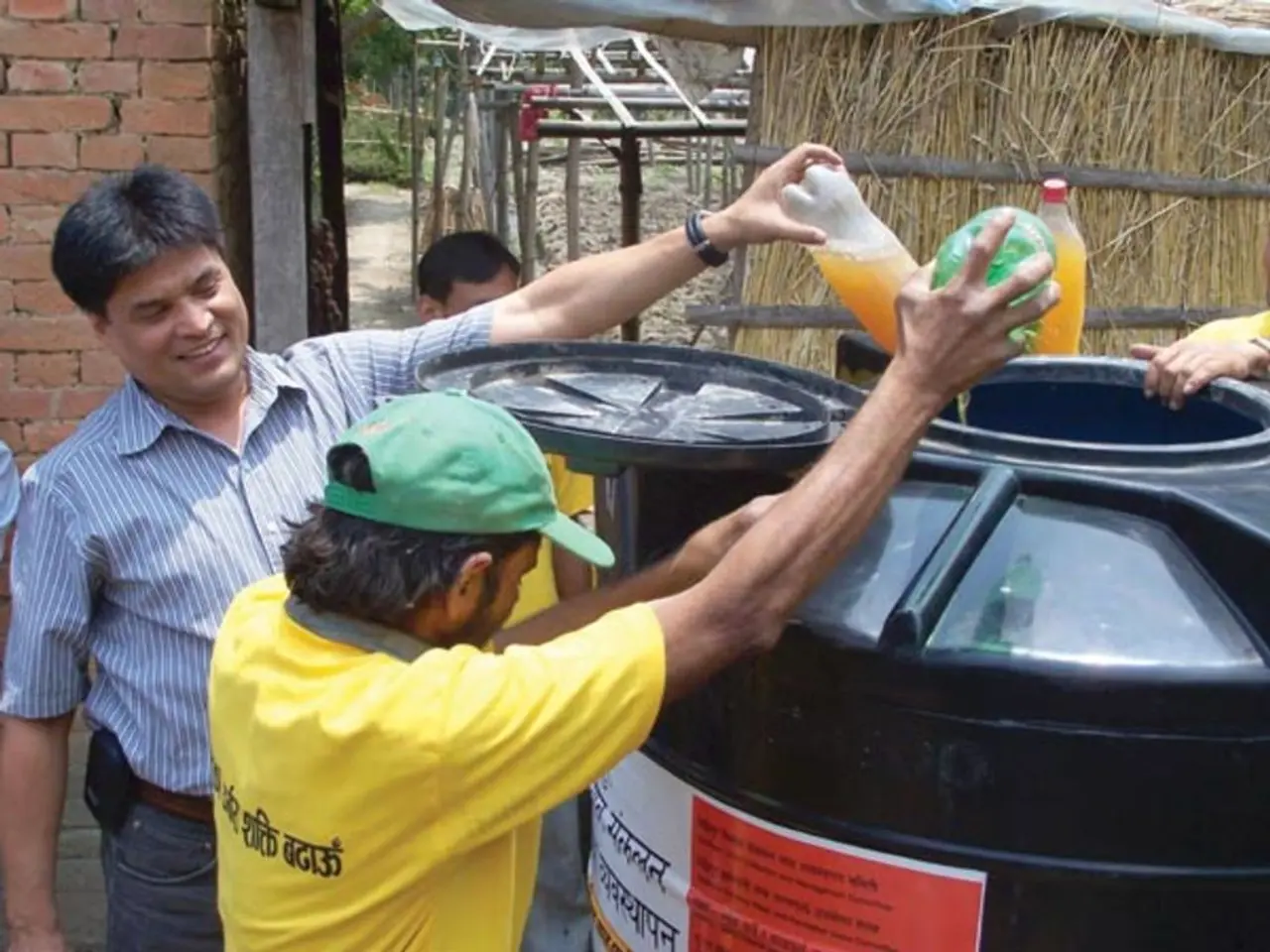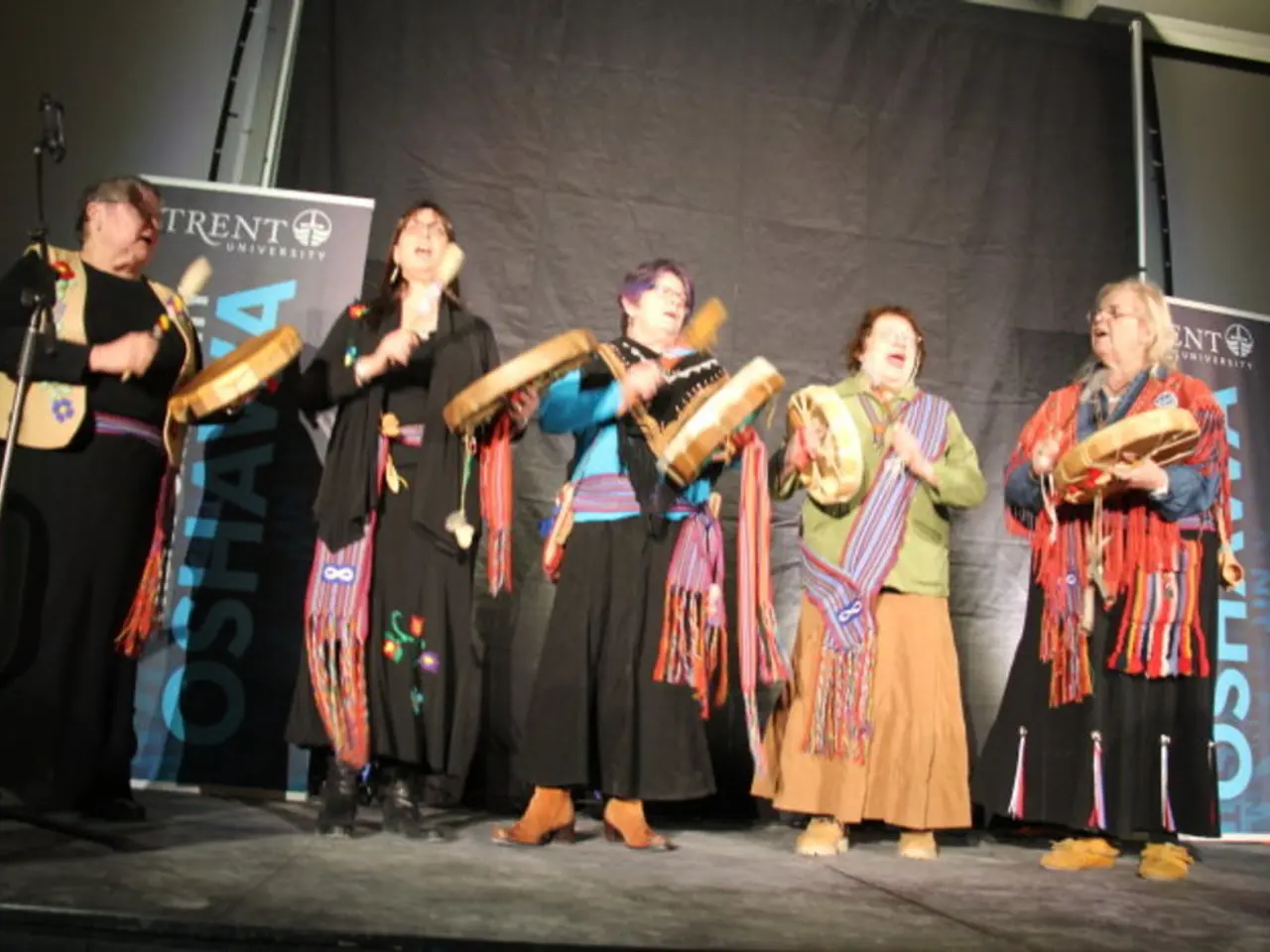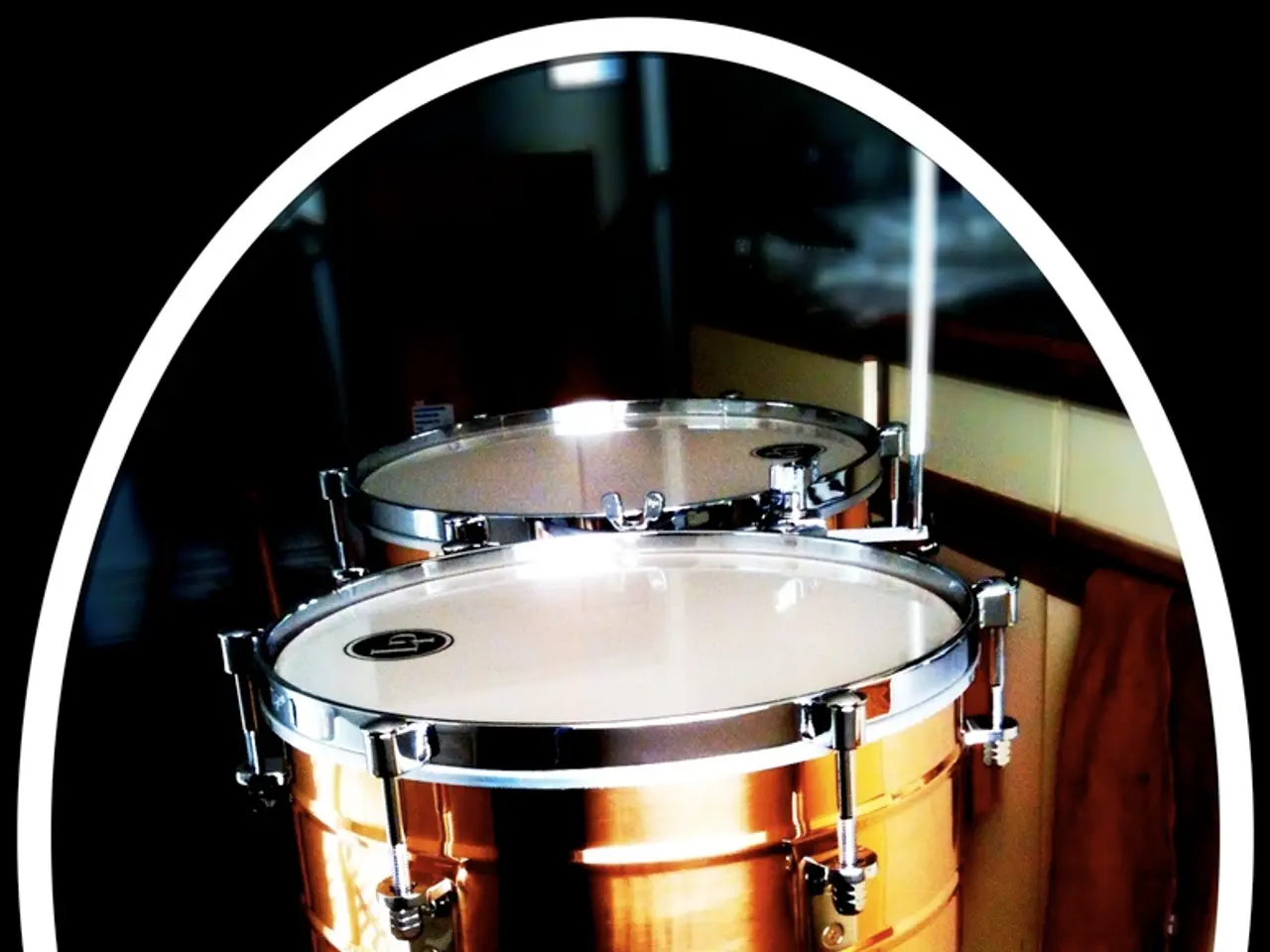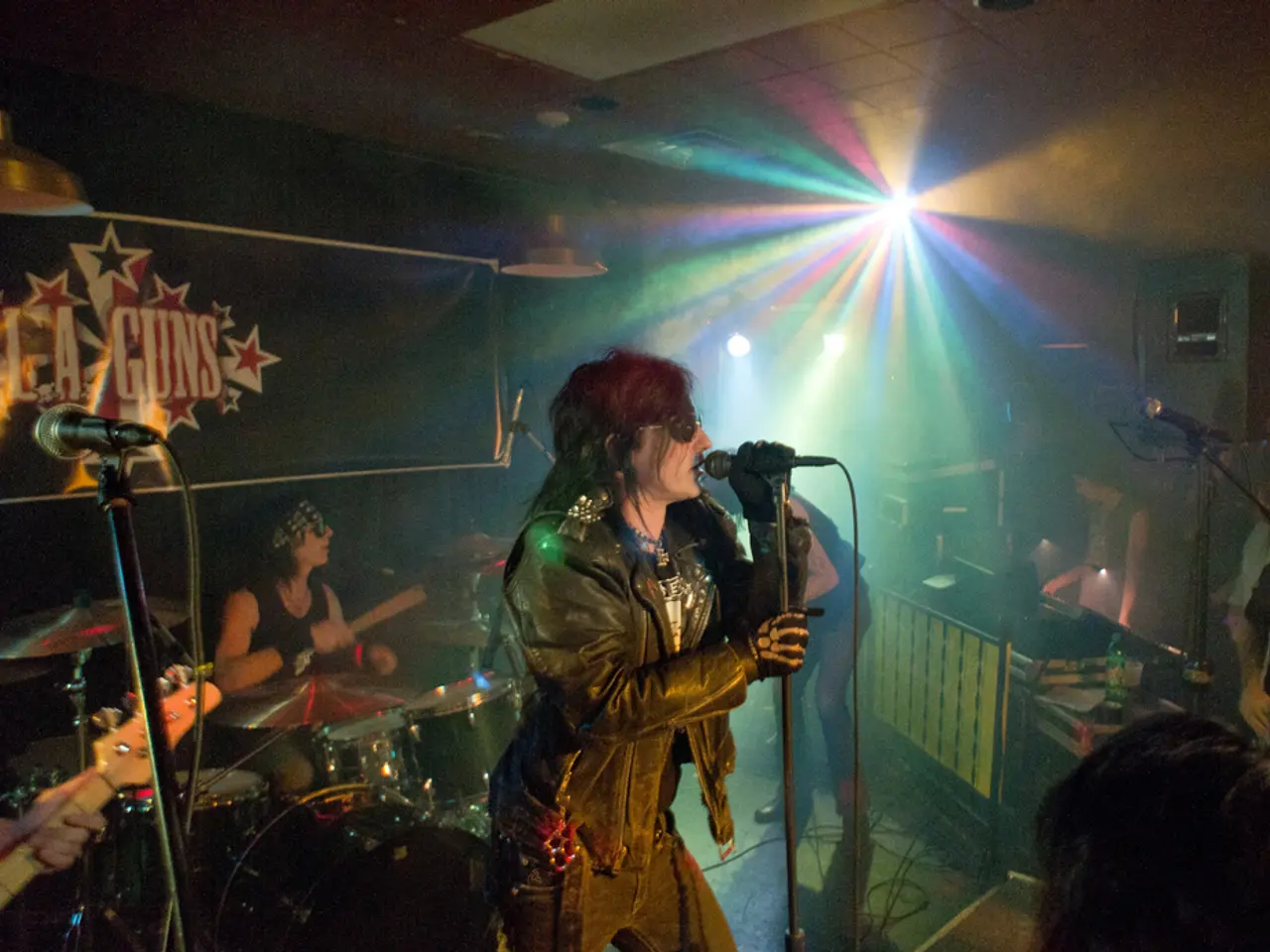Chinese beverage manufacturers aim at Generation Z market by introducing baijiu-flavored ice cream, as sales of traditional alcoholic beverages decline.
Moutai, a type of baijiu, is often referred to as the national spirit of China. This spirit gained significant attention during a historical banquet in April 1974, where Deng Xiaoping, who later became China's top leader, was banqueted with US Secretary of State Henry Kissinger in New York.
During this banquet, Henry Kissinger made a statement, "I think if we drink enough Moutai, we can solve anything." In response, Deng Xiaoping said, "Then, when I return to China, we must take steps to increase our production of it." These statements, archived in the US State Department's Office of the Historian, indicate a significant endorsement of Moutai.
Moutai is distilled mostly from sorghum and, traditionally, has been associated with business dinners and raucous drinking games, with the expression gan bei often used to mean bottoms up. However, the spirit is now being reshaped to appeal to younger generations.
This transformation is largely due to strategic adaptations. Traditional baijiu bottles have been redesigned with a blend of traditional artistry and contemporary design, making them more visually appealing and trendy for younger consumers. Marketing efforts also leverage digital platforms and integrate multi-channel communications aimed at young adults aged 20–35, contributing to an 18.4% increase in consumption year-on-year among this demographic.
Moreover, more than 35% of new baijiu launches in 2023 fall into the premium or ultra-premium category, catering to younger consumers’ growing preference for high-end, quality products that align with their lifestyle aspirations. Brands have also collaborated with non-traditional partners to create new consumption experiences, such as the "Moutai Baijiu Latte" developed with Luckin Coffee, which achieved record-breaking sales, effectively blending baijiu with modern coffee culture to appeal to younger urban consumers.
To match shifting tastes, baijiu is being reshaped with emerging trends that cater to millennial and Gen Z preferences. This could potentially offer milder flavors or ready-to-drink formats that are easier for younger drinkers to enjoy.
The goal of these adaptations is to reposition baijiu as a fashionable, socially engaging, and premium beverage in tune with younger generations’ lifestyles, distinct from its traditional image tied to older demographics and formal occasions.
Jim Boyce, a Canadian writer and wine expert, recognised the need to promote the traditional Chinese spirit, which is less known internationally than whiskey or vodka. A decade ago, he founded World Baijiu Day to achieve this. Despite its less global recognition, Moutai remains a significant part of China's cultural heritage and an essential aspect of its social and business life.
[1]: Source for consumption statistics among young adults [2]: Source for information on packaging and marketing strategies [3]: Source for information on collaborative product innovations [5]: Source for information on evolving flavor profiles and formats
- The reshaping of Moutai as a beverage aligns with its increased popularity among younger generations, who are now being targeted by marketing efforts that use digital platforms and cater to their preference for premium, high-end food-and-drink options that fit their lifestyle aspirations.
- In an effort to reposition Moutai as a fashionable, socially engaging beverage, brands are collaborating with non-traditional partners to develop new products, like the Moutai Baijiu Latte, that blend traditional Chinese spirit with modern coffee culture, appealing to younger urban consumers.
